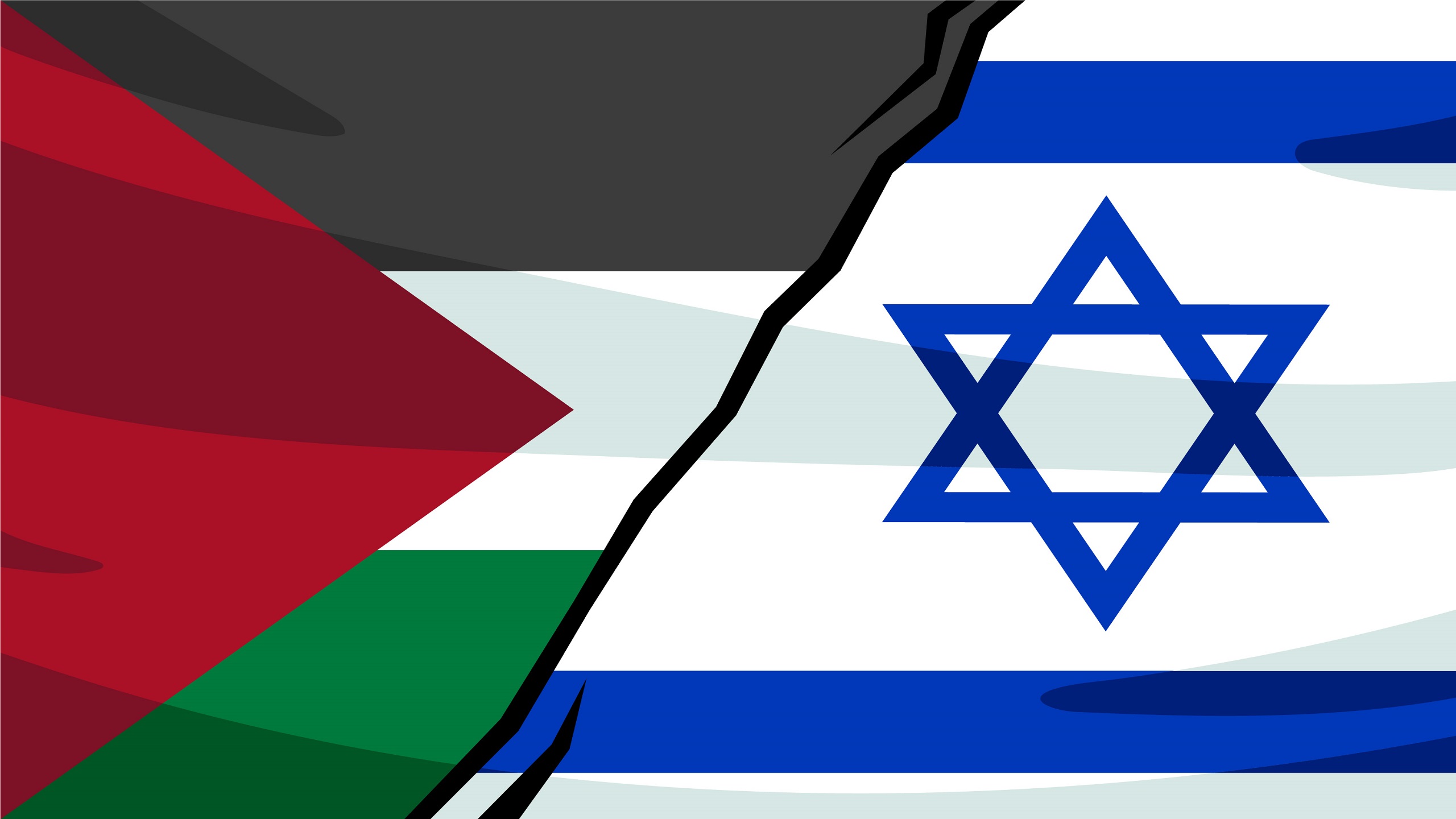2 Lessons From the Gaza War
Al-Ahram, Egypt, June 6
The lessons of war are typically absorbed after its conclusion, when the victor is distinguished from the loser. However, understanding these lessons now may be sufficient to halt the ongoing Gaza war, alleviate continuous suffering, and preserve the aspirations of future generations. The foremost lesson is that the Palestinian people steadfastly remain on their land. This enduring Palestinian reality manifests through acts of intifada, armed resistance, or other forms of disruption against Israel, making their lives increasingly challenging. Regardless of the circumstances, Palestine remains integral to Arab and Islamic pride and the geopolitical fabric of the region—elements that cannot be compromised. Conversely, the Israeli truth is equally persistent. The Jews who settled in Palestine are unlike the Crusaders or European colonialists; they did not arrive in a fleeting raid that ignited with force only to dissipate with weakness or the advent of new powers. Contemporary evidence shows that the global community, including major powers, consistently upholds the existence of Israel as a state and continually supplies it with weapons and technology to maintain its nuclear and conventional superiority over its neighbors. The two-state solution has been proposed since the 1947 partition resolution, and nations engage with it based on mutual or conflicting interests. Introducing religion into this equation shifts the focus from pragmatic human concerns to the afterlife, a realm where agreement and consensus are elusive. The rise of Hamas in the 1980s, sharing the ideology of the Muslim Brotherhood, along with the rise in power of messianic Jews during the same period, complicated peace efforts, made compromise impractical, and relegated development to a distant dream. When these groups receded, the Oslo negotiations brought forth the initial framework for a solution, although their methods presaged a succession of wars. The two-state solution remains the closest to a realistic humanitarian resolution, despite the appeal of an “ideal” one-state solution or the perceived practicality of a confederation solution. Historically, war has opened new avenues for life instead of death, fostered construction over destruction, and promoted coexistence instead of antagonism. —Abdel Moneim Saeed (translated by Asaf Zilberfarb)
Give the gift of hope
We practice what we preach:
accurate, fearless journalism. But we can't do it alone.
- On the ground in Gaza, Syria, Israel, Egypt, Pakistan, and more
- Our program trained more than 100 journalists
- Calling out fake news and reporting real facts
- On the ground in Gaza, Syria, Israel, Egypt, Pakistan, and more
- Our program trained more than 100 journalists
- Calling out fake news and reporting real facts



